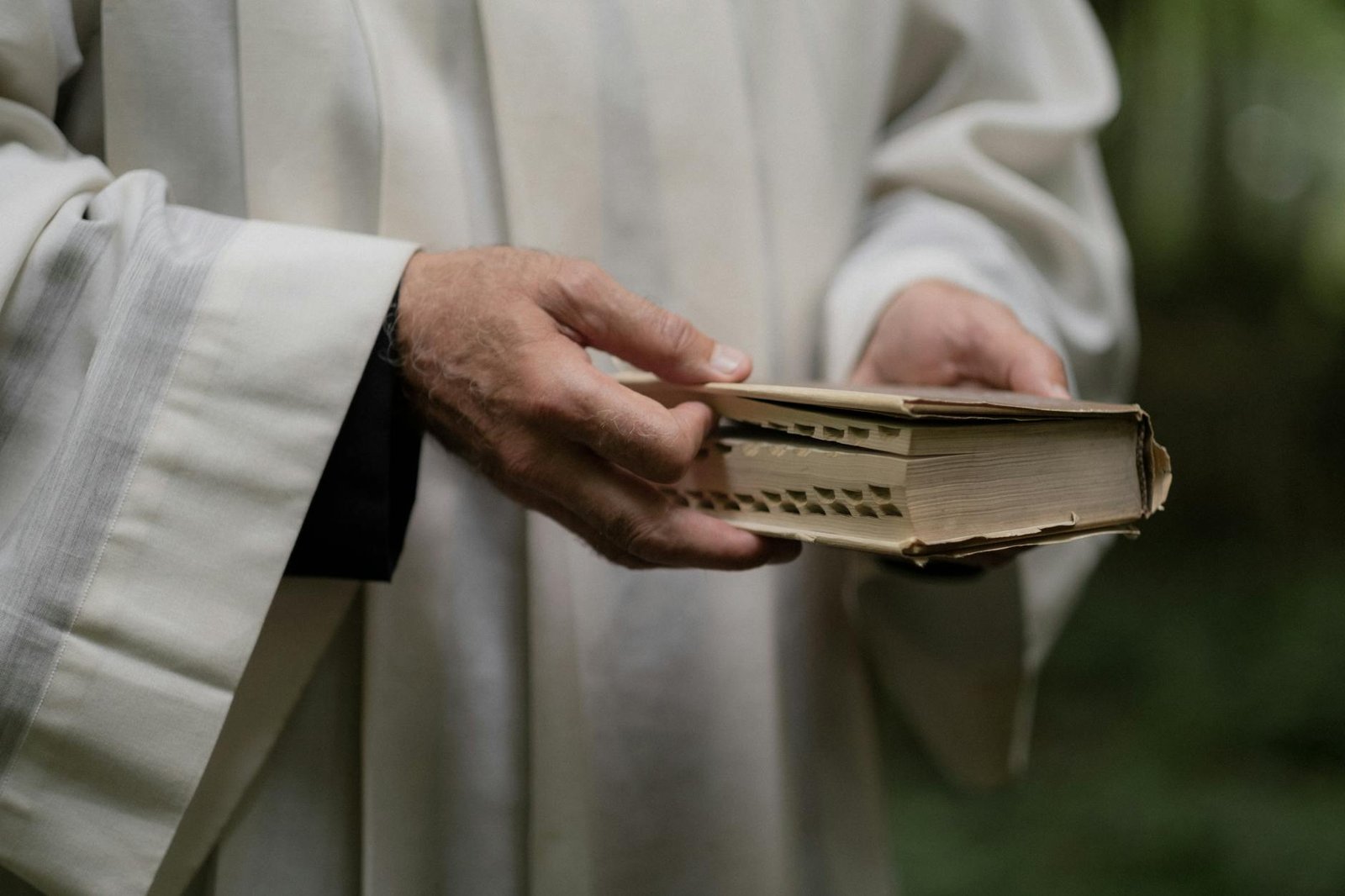Note: You can revise it according to your context.
Bible Passage:
John 13:34-35 (NIV)
“A new command I give you: Love one another. As I have loved you, so you must love one another. By this everyone will know that you are my disciples, if you love one another.”
Exegesis:
In this passage from the Gospel of John, Jesus is with His disciples during the Last Supper. The setting is intimate, as Jesus prepares His closest followers for the events that are about to unfold. At this crucial moment, instead of emphasizing His impending suffering and sacrifice, Jesus delivers a new commandment. This commandment is not merely a suggestion but a mandate, hence the name “Maundy” Thursday derived from the Latin “mandatum” meaning “command.”
“Love one another. As I have loved you, so you must love one another.” Jesus elevates the principle of love to a new standard. He doesn’t just ask us to love; He sets Himself as the benchmark. His love is selfless, sacrificial, and unconditional. It’s a love that serves, forgives, and embraces even the undeserving.
The significance of this commandment extends beyond the disciples in the room that evening. Jesus indicates that the authenticity of our discipleship is evident through our love for one another. It’s a transformative love that becomes the hallmark of Christian identity.
What lessons can we draw from the passage?
- Love as a Reflection of Christ:
We are called to mirror the love of Christ in our interactions with others. This means extending grace, showing kindness, and offering forgiveness, even when it’s challenging. By doing so, we become living testimonies of Jesus’ love in the world. - Service Over Selfishness:
Jesus demonstrated His love through service, notably when He washed the feet of His disciples. As followers of Christ, we are urged to prioritize service over selfishness. Whether it’s through acts of charity, volunteering, or simply lending a helping hand, our service becomes an expression of love. - Unity in Diversity:
The command to love one another transcends boundaries of race, culture, and background. It calls us to embrace diversity and foster unity within the body of Christ. In a world often divided by differences, our love can become a unifying force that bridges divides and builds community. - Loving the Unlovable:
Jesus’ love was not selective. He reached out to the outcasts, the marginalized, and the sinners. Similarly, we are challenged to love those who may seem unlovable or difficult to love. It’s in loving the “unlovable” that we truly reflect the transformative power of Christ’s love.
In conclusion, Maundy Thursday serves as a poignant reminder of Jesus’ ultimate act of love on the cross. As we reflect on His commandment to love one another, let us strive to embody this love in our daily lives. May our love become a beacon of hope, a testament to our discipleship, and a powerful witness to the world of God’s unfailing love. Amen.








